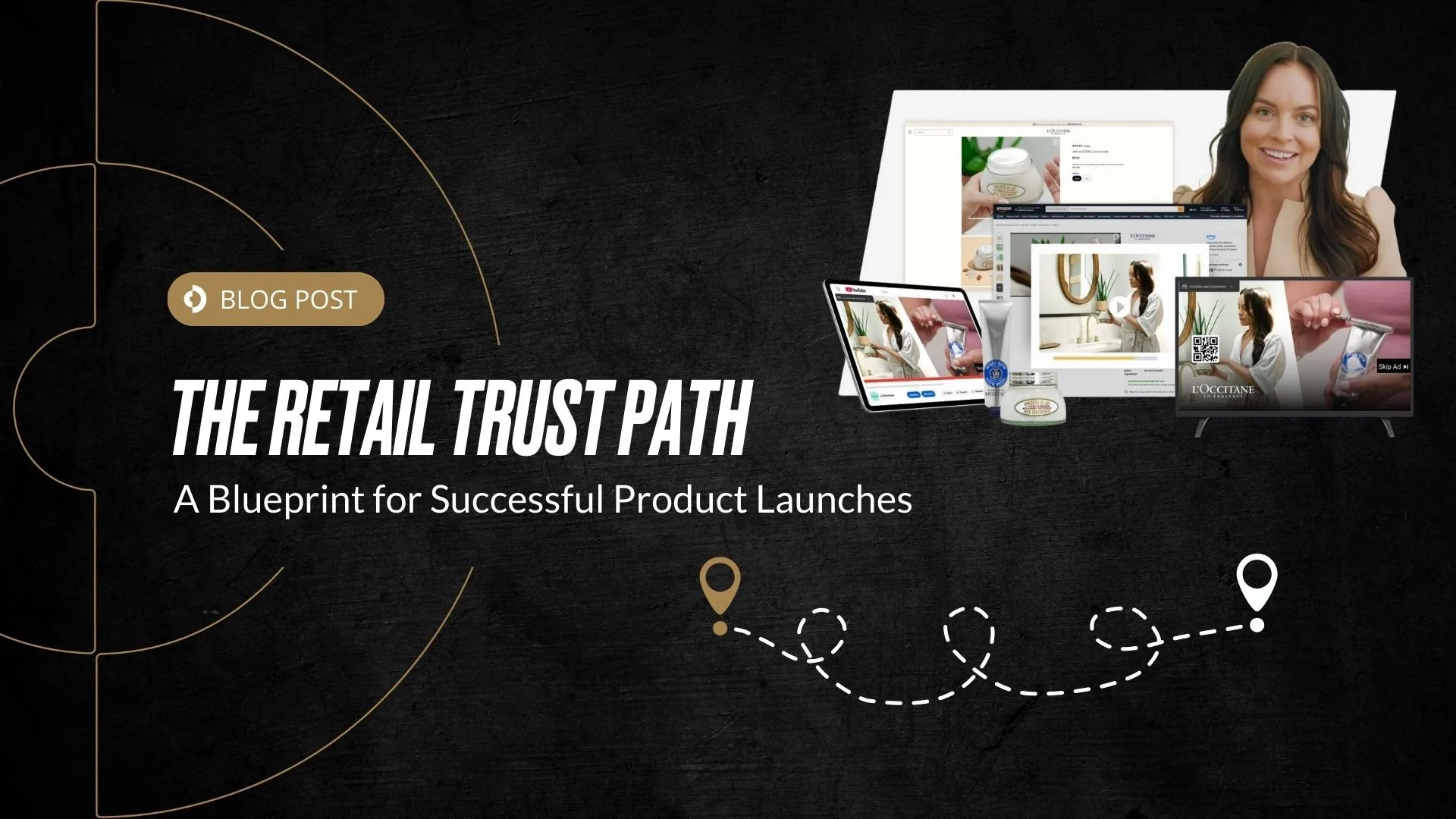Experts (Not Influencers) Create a Deeper Connection to Your Products
How to Solidify the Longevity of Your Brand in Consumers’ Minds and Lives
One of the biggest byproducts of social media has been influencer marketing. And while it can be a great way to grow your brand, the low barrier to entry to become an “influencer” means the industry will increasingly be saturated with fake and low-quality content that won’t lead to a deeper connection with your brand.
Think about it. In a world with so many sources of reviews and advice, how does today’s consumer find a deeper connection to any brand or product?
Imagine you recently got back into running during the pandemic, an activity that helped change your mindset and quickly became an effective coping mechanism during stressful times. You’re looking to replace your old running shoes. As you start your search, your Instagram feed is flooded with influencers showing you their sneakers with a link to buy.
But how do you know they actually run in those shoes since so many influencers are eager to promote anything, as long as they’re being paid? This leaves the average consumer wondering what’s real and what’s a social media facade. In fact, according to Influence.co, 82% of users want to know if influencers have actually used the products they recommend.
On the other hand, you now come across a video from an expert who’s invested in actually making you a better runner, not just in getting you to use their promo code to buy the shoes they’re promoting at the moment.
Nike sees this difference. They’ll turn you into a master runner with Nike+ because they know providing professional guidance is a constructive way to build a meaningful and lasting brand. They know that experts have more of a relationship with their products and therefore will have better relationships with their potential customers.
And this relationship builds longevity through communicating more effectively the quality and various use cases of the products, it reduces returns and ultimately leads to the brand finding a regular place in the lives of customers. Because ultimately, people want to buy things they’ll use regularly and which will enhance their lives long term.
Making a product part of the consumer's life
Instead of just making your product incrementally better than the competitor, you need to create impact. According to Forbes, a study of consumer engagement finds that the companies that aren’t making a difference to consumers and the world aren’t going to be around much longer.
The Meaningful Brands survey–which spoke to 50,000 consumers in France, Spain, the U.K., Germany, Italy, Mexico, Brazil, Colombia, Chile, Argentina, China, Japan, India, and the U.S.– found that only 20% of the brands they interact with have a positive impact on their lives. And they feel that 70% of brands could disappear entirely without them noticing.
They concluded that the key to making a brand meaningful is based on switching the focus from mere outputs (making the sale) to outcomes (making a difference). The criteria are simple: “Did this brand make you fitter, wiser, smarter? Did it improve your personal outcomes? Did it improve your community outcomes? Did it pollute the environment?”
This is why it’s more important than ever to find professionals who can show how your products can impact lives in tangible and lasting ways. “Brands should work with ambassadors and collaborators, the passionate people who know their stuff and truly like a brand and what it stands for, not one-off ‘influencers’,” said Caroline Paris, creative director, Brave.1
Consumers want to know it’s well-made and multi-use
Getting product information from experts who have a deeper relationship with products means they’re better equipped to communicate quality and come up with various use cases.
For example, Pyrex found a way to differentiate itself from other lower-quality tupperware by consolidating use cases. While the older, plastic tupperware we inherited from friends and family takes up too much space, looks disorganized, and potentially can leak chemicals when heated -- Pyrex glass tupperware can be used in the oven, to pack lunch, and freeze leftovers -- it does it all and it’s built to last.
In fact, if shoppers had information on product lifespan, they report they would choose to buy longer-lasting items: “on average, a product’s sales increased by 56% if its lifetime was longer than competing products’.”
People don’t buy products, they buy better versions of themselves
Consumers, aided by social media, have become far more conscious of who they are in the context of the products they use. In this society of ultra-conscious consumers, successful brands will be those that make consumers feel the way they want to feel about themselves.
To get a better idea of how this works in practice, let’s look at Nest Thermostat. Nest markets its products with just a few clever words “Programs itself. Then pays for itself.” They then use expert product videos to go through the use cases and features.
And the most effective way that you can start to demonstrate “what you can do with the product” instead of only “what the product can do,” is with experts. Experts are able to leave an impression that remains beyond the duration of an Instagram video and can help your shoppers get genuine product information from true professionals who actually use, love, and recommend your products.










